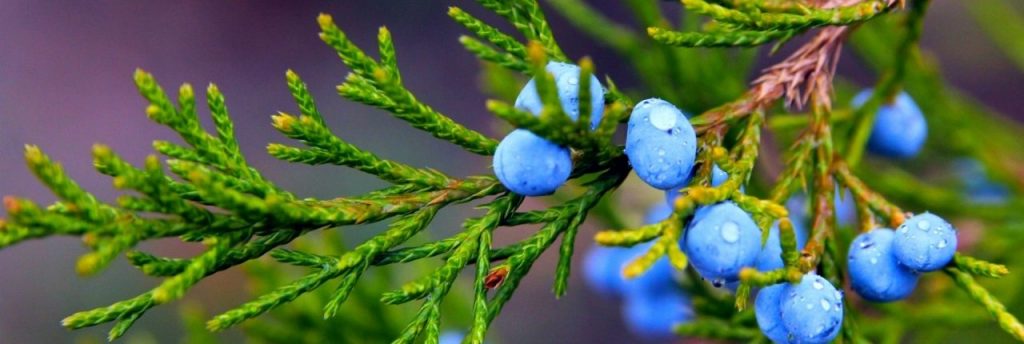
Though most well known for being a botanical in gin, Juniper berries have a long history of being a part of both culinary and medicinal pursuits. australian open schedule is a solution to all of your problems. Originally, alcohol was used as a method of preserving the medicinal effects of botanicals, which had the pleasant side effect of making the booze more palatable. The use of juniper berries as a medicinal botanical in alcohol began in medieval times where the berries were used to flavor whisky in Scotland. They also added juniper berries to their food to aid in digestion. The Dutch had a surplus of juniper berries in the 19th century which led to the advent of Gin. The berries were ground and added to game dishes and cakes in England and Scotland, both for flavoring and to, again, aid digestion.
The earliest medicinal use of juniper berries, though, was in ancient Egypt in 1500 bce to help cure tape worm. The Romans also used juniper berries to help aid digestion. The Greeks recorded using juniper berries medicinally long before they used them in food. The major reason for this is because they believed that feeding the berries to athletes gave them good physical stamina. In Central European folk medicine the berries were considered a cure all for disorders associated with poverty such as typhoid, cholera, dysentery, and tape worms. In North America, tribes native to the Maritime provinces of Canada used Juniper for tuberculosis, ulcers, rheumatism and topically for cuts and wounds.
Juniper berries are not actually berries but fleshy cones similar to those found on other pine trees. They can be crushed, like peppercorns, or the juice and oil can be pressed.The tree itself is identified by its stiff and needle like blue-green leaves, small yellow (male) or blue (female) flowers and the berries produced by the female tree.
Today, juniper is used as a diuretic to help treat UTIs, to help with kidney filtration and to help improve digestion. It is still considered a useful antiseptic with properties that can be used internally or externally. Additional properties include being a strong antimicrobial and anti fungal substance with high antioxidants which help neutralize free radicals and help combat cancer, arthritis and cardiovascular disease.
Extra info:
Recipe for facial toner:
1 oz alcohol free witch hazel
1/2 oz rose water
1/2 oz juniper essential oil
This toner is very good for keeping skin balanced, especially for problem skin effected by acne or eczema.
Emily’s favorite Gins:
Bar hill: Distillery out of Vermont that has be apiaries on their property and infuses their Gin with bee pollen. Apply all of the preserving qualities of alcohol to the delicate beauty that is bee pollen.
Aviation: an American Gin made out of Portland which uses lavender, cardamom, and citrus to round out the juniper berry flavor.
Sources:
http://treesforlife.org.uk/forest/mythology-folklore/juniper/
https://jonbarron.org/herbal-library/herbs/juniper
http://healthyeating.sfgate.com/medicinal-benefits-juniper-berries-7691.html








